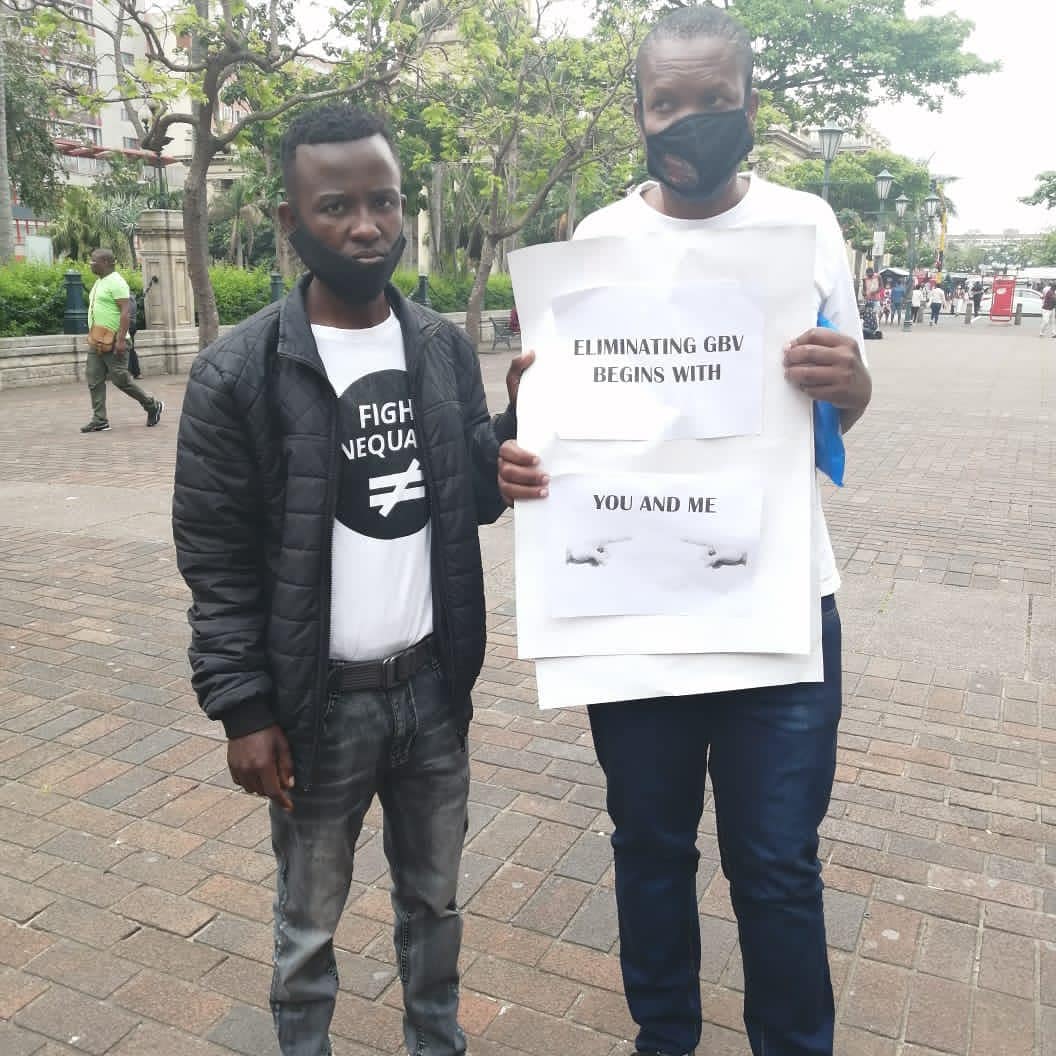R2K Statement: Black Wednesday’ anniversary calls for a deepening of media activism
As we commemorate Black Wednesday 1977, when the Apartheid government banned Black Consciousness-aligned organisations and publications in the name of “national security”, this day calls for us to reflect on the state of struggles for freedom of expression and against censorship in our current time.
Freedom of information is a human right:
R2K is outraged that the South African government will continue to trade with Saudi Arabia despite allegations that Saudi government officials are involved in the murder of prominent Saudi journalist Jamal Khashoggi.
In Khashoggi’s words “Arab governments have been given free reign to continue silencing the media at an increasing rate”. Our government must take stance against paranoid, unaccountable and corrupt states who are hellbent at suppressing dissent.
As the country we need to continue fighting for freedom of information as a fundamental freedom and a human right. Our past has shown that we need a media that can offer expression to the full range of voices and facilitate the substantive and complex debates about the social, political and economic future of the nation.
Cost of Communications:
The outrageous costs of airtime, data and internet in South Africa continues to be one of the major obstacles to realising freedom of expression and access to information for ordinary people across the country. As the Right2Know campaign we remain resolute in our call for the costs of communication to fall. The poor, rural and working class have the right to communicate. In our submission to the Competition Commission this week, we highlighted that the high cost of communication in South Africa is directly linked to systemic failures of policy and implementation by government, and lack of regulation and competition in the telecommunications industry. As always, it is the poorest of the poor who are hurt the most.
Many communities are left destitute without ambulance services, employment opportunities and many have no access to educational material due high cost of communication. Communication in South Africa only benefits the rich and it’s high time we challenge profiteering.
Current threats to media freedom:
Media freedom is under threat worldwide, and South Africa is no different. South African journalists face continued intimidation and surveillance from government; according to Reporters Without Borders, our media freedom and independence is fragile.
Earlier this year, R2K published a report on extensive surveillance of journalists, who along with whistleblowers, activists and ordinary citizens have been made prime targets for spying through the RICA law. R2K is currently campaigning to have RICA completely overhauled to ensure basic protections for our privacy: we want to bring an end to this kind of abuse.
The retractions of high profile stories by the Sunday Times have underscored serious failings of our news media which affect all South Africans. While such failings will surely be used by opportunists to lobby for greater censorship powers and a clampdown on journalism, in fact they point to the urgent need to invest deeply in journalism and media development. For media freedom to flourish in South Africa, we need to develop and strengthen alternative and community media.
The Public Broadcaster:
The largest public broadcaster in South Africa SABC has long since been in a financial crisis partly because of corporatisation and corruption, partly as as result of systemic underfunding from government. The SABC now is seemingly embarking on a dangerous anti-public turnaround strategy that includes a series of retrenchments of journalists and are looking into increasing TV licenses. We as R2K problematise this kind of turnaround strategy because it is anti public, it fuels mass unemployment and does not take into consideration the economic demographics of those paying TV license the SABC should foot its own bill and work on more creative ways that do not disadvantage the poor.
Media Freedom in Community Media:
Community media in the form of community Radio and Community TV have proven to be in danger as well. 15 community radio stations were shut down earlier this year because they could not afford to pay Sentech to carry their broadcasts. As R2K, we are calling for an annual grant to finance radio stations to ensure community media maintains its independence and autonomy from political agendas. Community radio stations are an important part of the social, political and economic lives of many South African local communities. Community radio stations voice our local concerns and help find local solutions.
For further comment contact:
Lazola Kati, R2K National Communications Right’s Organiser: 072 956 7753
Busi Mtabane, R2K National Communicator: 083 329 7844



